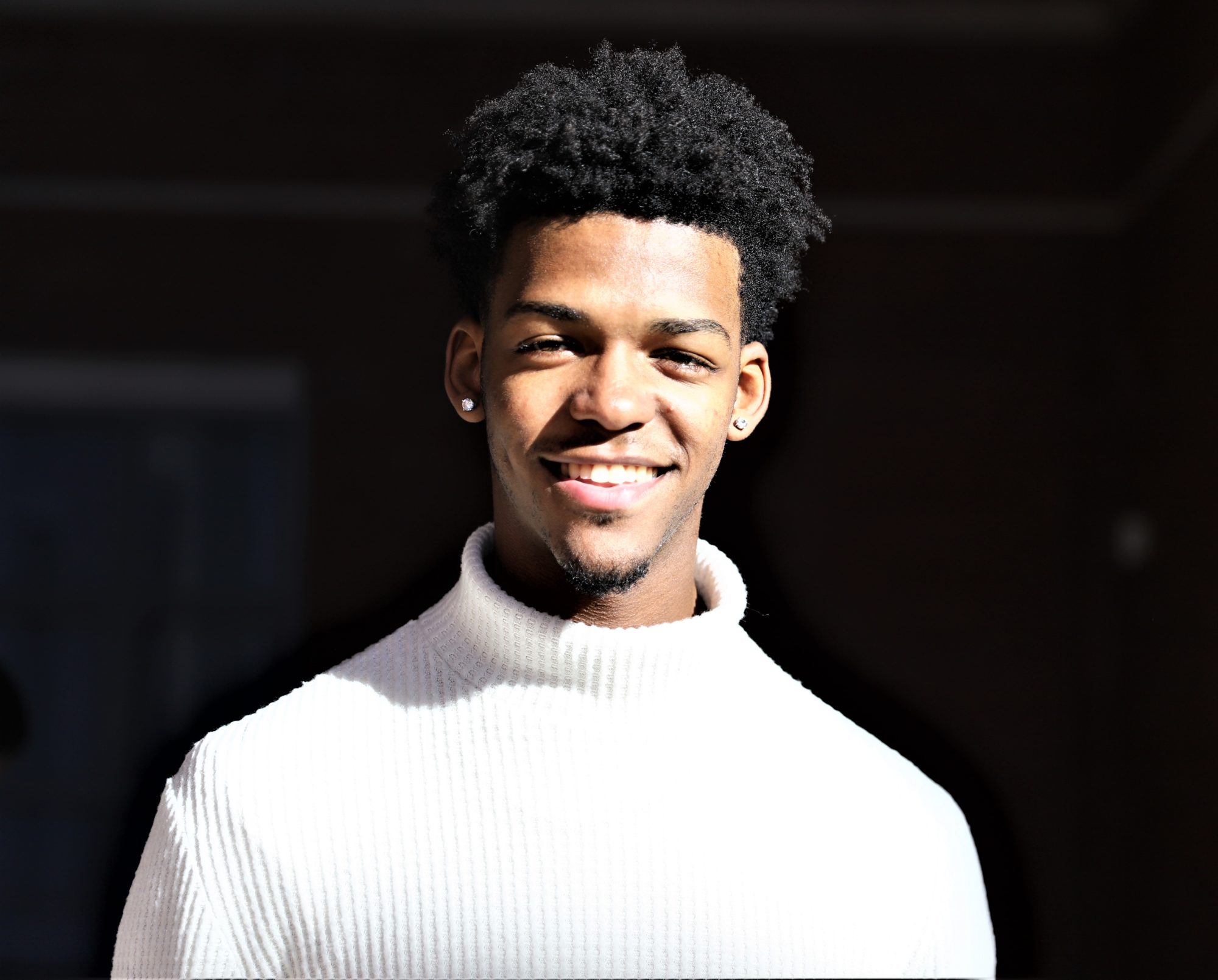
It’s a wonder how simply our delicately complex bodies do everything for us. We don’t even notice as millions of tiny mechanisms operate together to breathe, grow, repair, and maintain. We don’t notice, for example, how every time we eat food our body transports the energy or glucose from that food out of our blood and into our cells. This tiny task, one that sounds fairly easy for our intricate bodies, if not accomplished leads to serious health problems including heart disease, vision loss, and kidney disease. Yet millions of people struggle with this very problem. Diabetes, a condition where the pancreas fails to produce the insulin to lower blood glucose, affects 10% of the U.S. population. The substantial numbers of people living with this condition might appear to signify medical technology has advanced to make diabetes easy to manage and live with. However, the current practices of monitoring glucose levels throughout a day and injecting insulin when needed place a taxing strain on living an ordinary life. Russell Fearon ’20, a mechanical engineering major in The College of Engineering and Computer Science, knows too well the struggle of living with diabetes.
Two years ago, after feeling ill for a couple months, he was diagnosed with Type 1 diabetes. So far-reaching are the effects of diabetes on his life that he can cite the exact date of his diagnosis: March 5, 2018. A particular pain point for diabetics is monitoring glucose levels. For an individual with type 1 diabetes, glucose levels must be checked several times a day, because of how quickly levels can fluctuate and injection of insulin is needed. The current practice for checking glucose levels is through a device called a blood sugar meter, which takes a drop of blood and measures the glucose in the blood. This drop of blood is obtained through manually pricking a finger. Unfortunately, this method is painful. “Pricking your fingers hurts, you’re using them all the time, especially when you’re on your phone texting, or working on a computer keyboard.” It also makes social situations harder to navigate. “I have to go and hide when I take my blood sugar and inject the insulin. Often, I’d have to go run to the bathroom and then come out so I could eat.”
That’s where Russell’s venture idea, SugEx, comes in. SugEx is a smartwatch that automatically monitors glucose levels. Throughout the day, mechanisms in the watch prick the skin on the wrist or forearm, assess levels of glucose in the blood, and notify the wearer of levels and whether or not they need to take an injection of insulin. Skin on the forearm is far less delicate than skin on the fingers, so it wouldn’t be as painful and wouldn’t affect the functioning of hands. The automatic mechanisms of the watch turn the process from a visible ordeal into a discrete procedure where an individual doesn’t have to stop life at all to know glucose levels.
Russell is passionate about SugEx because he knows firsthand the burden diabetes can place on a life. “It’s so many different things: mentally, emotionally, feeling isolated, the feeling that I’m the only one who has this.” After his diagnosis, he sought to create a product that would make life with diabetes easier to manage and help others with diabetes feel more capable and equipped to live a life free from disruption or emotional burden.
Last summer, he participated in Syracuse’s Invent@SU program, which helps students learn how to design and protype their own original ideas. There he originated the idea of a glucose-monitoring watch and through support form Invent@SU and the LaunchPad, he’s been working to turn that dream of creating an easier life for those with diabetes into a tangible product.
“I want to help people. I really appreciate being able to affect somebody’s life positively. Because without that help, maybe they wouldn’t be living, or they wouldn’t be living the same quality of life. “
Though his path of learning how to manage diabetes has not been a smooth one, Russell’s commitment to taking his experiences and transforming them into definitive tools to positively impact his community speaks the depth of his dream to help people. Living with diabetes is no easy undertaking, but Russell’s company SugEx hopes to help those who must undergo it live with a better quality of life.
Story by Blackstone LaunchPad Global Media Fellow Claire Howard ’23